What's a noun?
Let's have a look at what a noun is, in both French and English.
Generally speaking, a noun is a word that you can put the word “the” in front of:
the cow
the hotel
the idea
the witch
the story
the possibility
the dinner
Nouns can be singular (one of them) or plural (more than one of them):
the hotel / the hotels
the boy / the boys
the idea / the ideas
the possibility / the possibilities
What are nouns in French?
In French, nouns are words that you can put “le”, “la” or “les” in front of. They can be masculine or feminine, singular or plural. You can usually make a noun plural by putting an “s” on the end.
le poulet / les poulets (the chicken / the chickens)
l’hôtel / les hôtels (the hotel / the hotels)
le garçon / les garçons (the boy / the boys)
le café / les cafés (the coffee / the coffees)
la dinde / les dindes (the turkey / the turkeys)
la carotte / les carottes (the carrot / the carrots)
la fille / les filles (the girl / the girls)
la voiture / les voitures (the car / the cars)
Making nouns plural in French
Most of the time, to make a noun plural in French, all you have to do is add the letter “s” to the end. This is the same as English.
un café – a coffee
deux cafés – two coffees
un chien – a dog
deux chiens – two dogs
une voiture – a car
deux voitures – two cars
Let's practise
Have a go at making the following nouns plural in French. You can put “deux” in front of the plural noun, meaning “two”:
- un enfant (a child)
- une maison (a house)
- un restaurant (a restaurant)
- une voiture (a car)
- un hôtel (a hotel)
- une femme (a woman)
- un homme (a man)
- une ville (a town)
- un stylo (a pen)
- une table (a table)
- un croissant (a croissant)
- une personne (a person)
- un garçon (a boy)
- une fille (a girl)
- un chat (a cat)
- une glace (an ice cream)
- un chien (a dog)
- une bouteille (a bottle)
- un livre (a book)
- une chaise (a chair)
ANSWERS
- deux enfants (two children)
- deux maisons (two houses)
- deux restaurants (two restaurants)
- deux voitures (two cars)
- deux hôtels (two hotels)
- deux femmes (two women)
- deux hommes (two men)
- deux villes (two towns)
- deux stylos (two pens)
- deux tables (two tables)
- deux croissants (two croissants)
- deux personnes (two people)
- deux garçons (two boys)
- deux filles (two girls)
- deux chats (two cats)
- deux glaces (two ice creams)
- deux chiens (two dogs)
- deux bouteilles (two bottles)
- deux livres (two books)
- deux chaises (two chairs)
In context
It’s always good to look at rules in context, because it helps to solidify them in your mind. So, let’s read through the lyrics of the Céline Dion song, “Vole” meaning “Fly”. We’ll look at all the nouns in the song, and go through what they mean in English.

VOLE
Vole, vole, petite aile
Ma douce, mon hirondelle
Va-t'en loin, va-t’en sereine
Qu'ici rien ne te retienne
Rejoins le ciel et l'éther
Laisse-nous, laisse la terre
Quitte, manteau de misère
Change d'univers
Vole, vole, petite sœur
Vole mon ange, ma douleur
Quitte ton corps et nous laisse
Qu'enfin ta souffrance cesse
Va rejoindre l'autre rive
Celle des fleurs et des rires
Celle que tu voulais tant
Ta vie d'enfant
Vole, vole, mon amour
Puisque le nôtre est trop lourd
Puisque rien ne te soulage
Vole à ton dernier voyage
Lâche tes heures épuisées
Vole, tu ne l’as pas volé
Deviens souffle, sois colombe
Pour t'envoler
Vole, vole petite flamme
Vole mon ange, mon âme
Quitte ta peau de misère
Va retrouver la lumière
Here are all the nouns from the lyrics above. I’ve put an article in front of each of them, so you can see whether the noun is masculine or feminine.
une aile — a wing
ma douce — my sweetheart
une hirondelle — a swallow
le ciel — the sky
l’éther (masculine) — the ether
la terre — the ground
un manteau — a coat
le misère — the misery
l'univers (masculine) — the universe
une sœur — a sister
un ange — an angel
la douleur — the pain
le corps — the body
la souffrance — the suffering
la rive — the river bank
une fleur — a flower
le rire — the laughter
la vie — the life
un enfant — a child
l'amour (masculine) — the love
un voyage — a journey
une heure — an hour
une colombe — a dove
la flamme — the flame
une âme — a soul
la peau — the ski
Get three courses in one bundle, and save money
-
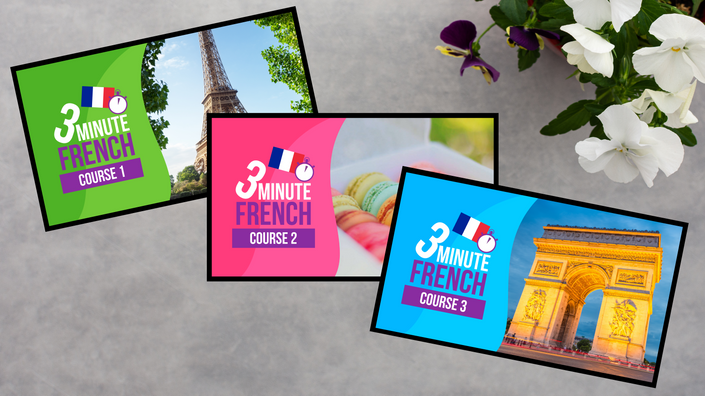
Courses 1, 2 & 3
Get this bundle -
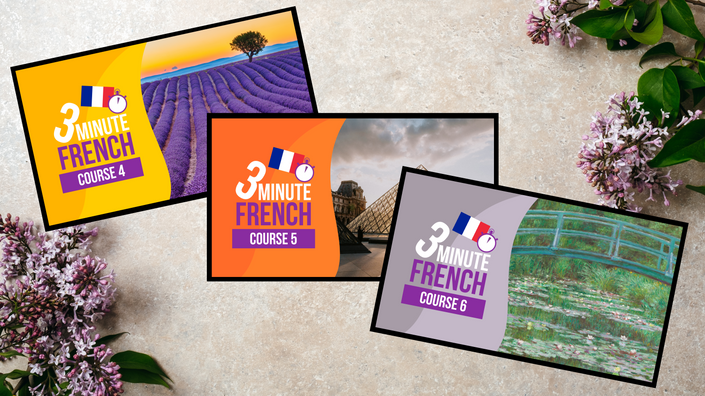
Courses 4, 5 & 6
Get this bundle -
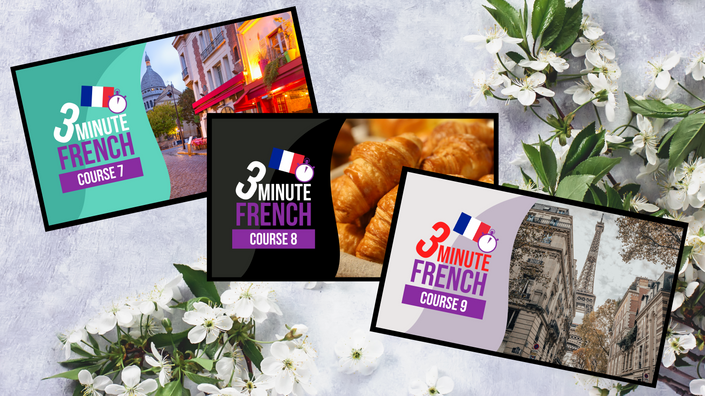
Courses 7, 8 & 9
Get this bundle
Course 2, Building Structures and grammar courses
-
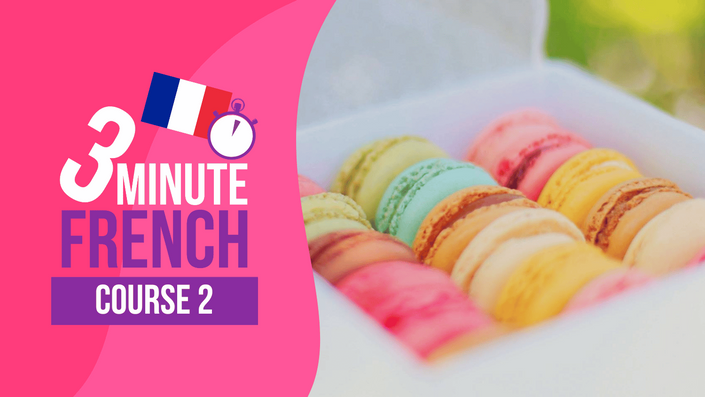
Course 2
Get this course -
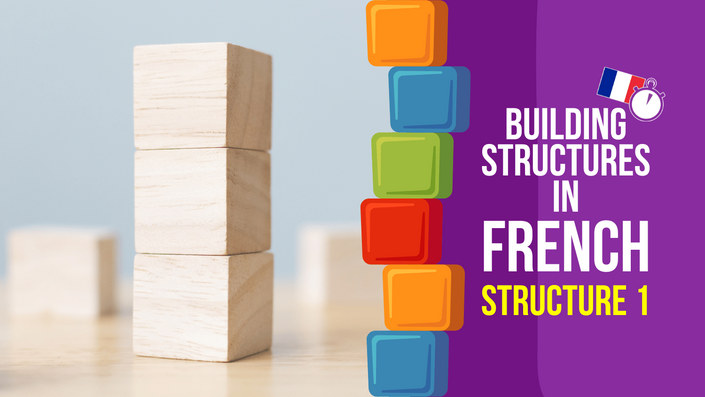
Building Structures
Get this course -
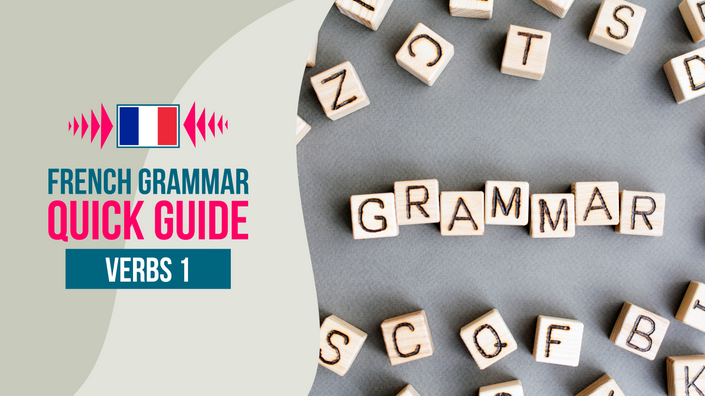
Quick Guide
Get this course
All my French courses
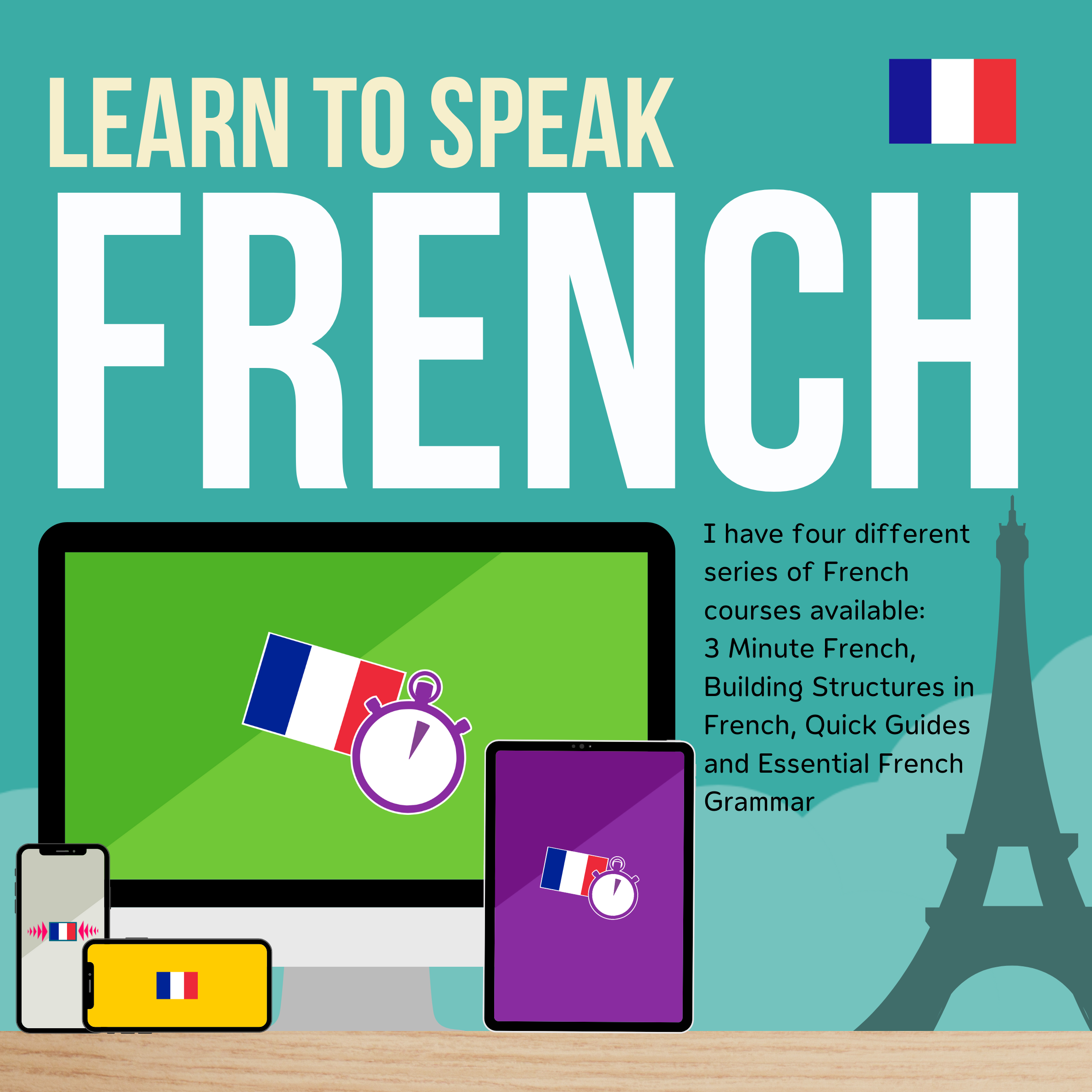
Building Structures in French
Quick Guides
French grammar
Essential French grammar - Future | Conditional | Imperfect
All my Spanish courses
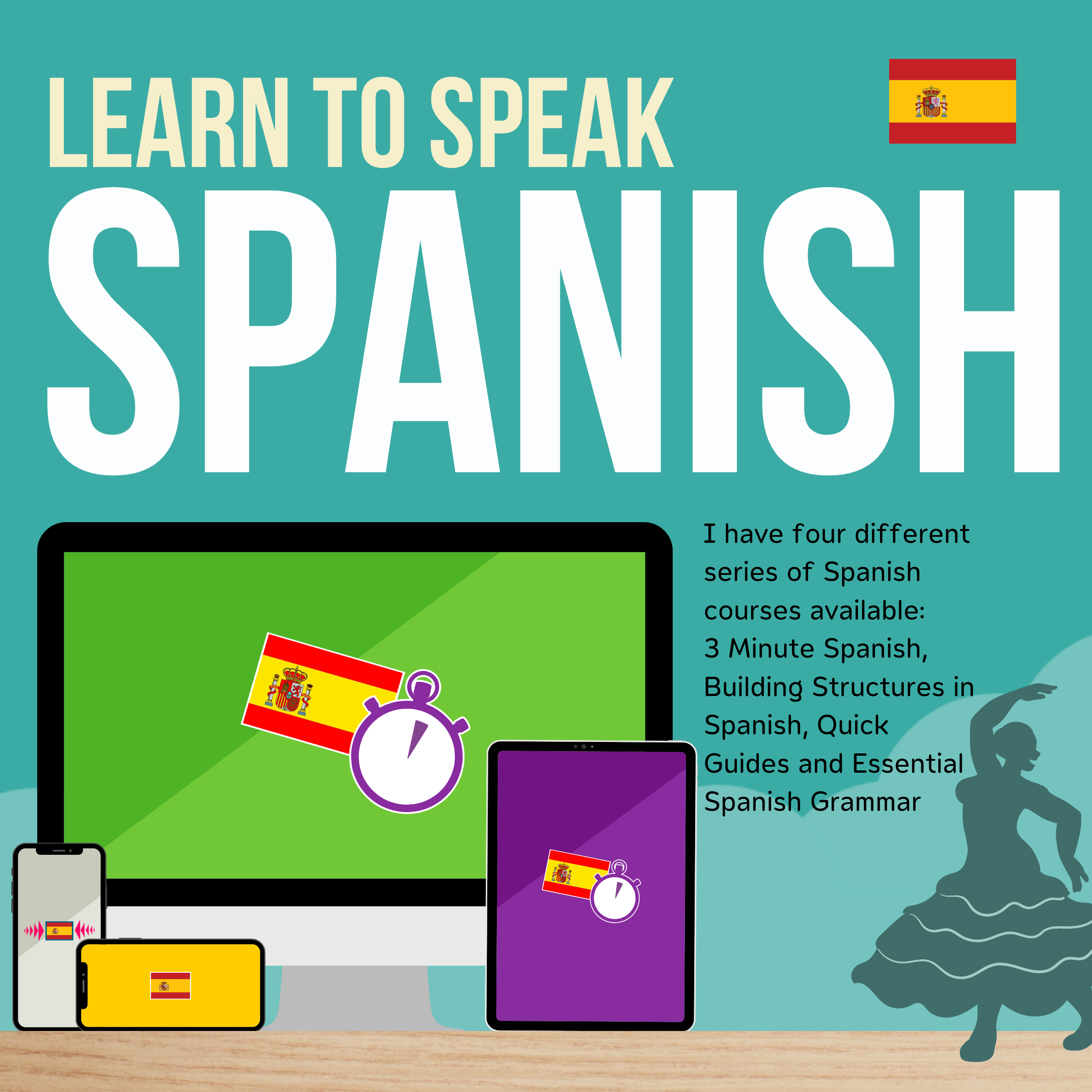
Building Structures in Spanish
Quick Guides
Spanish grammar
Essential French grammar - Future | Conditional | Imperfect
All my German courses
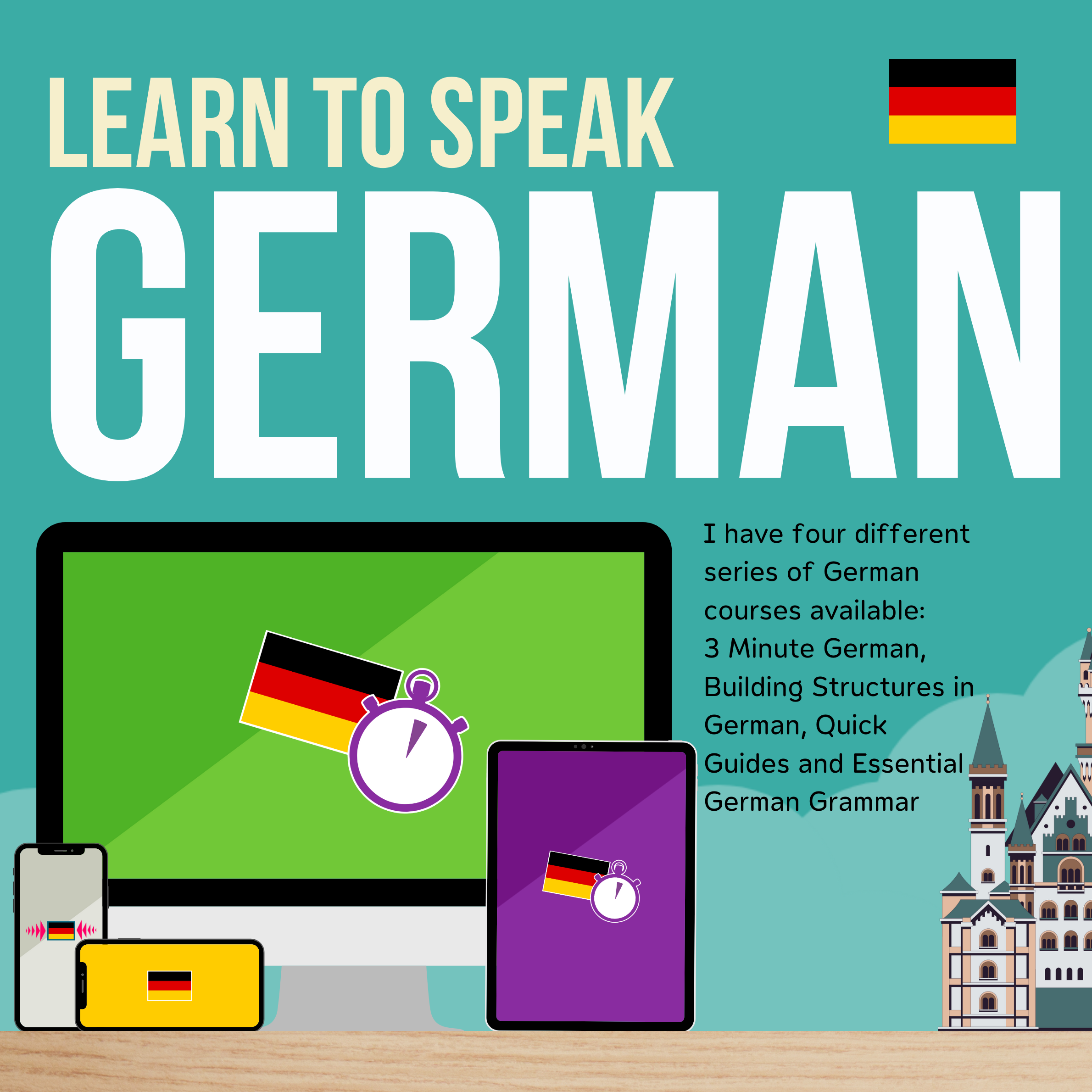
Building Structures in German
Quick Guides
German grammar
Essential French grammar - Future | Conditional | Imperfect
All my Italian courses
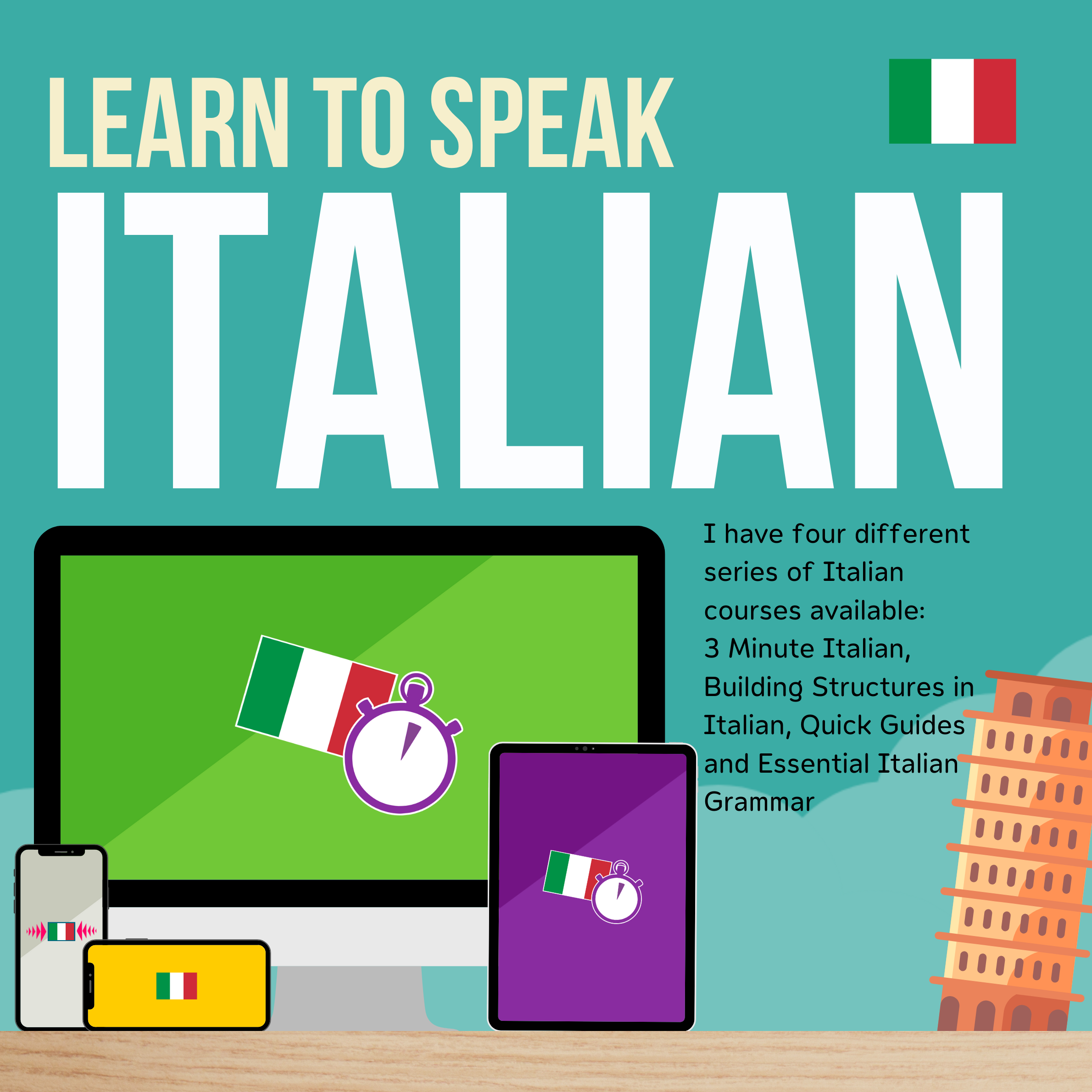
Building Structures in Italian
Quick Guides
Italian grammar
Essential French grammar - Future | Conditional | Imperfect
All my Portuguese courses

Building Structures in Portuguese
Quick Guides
Portuguese grammar
Essential French grammar - Future | Conditional | Imperfect
